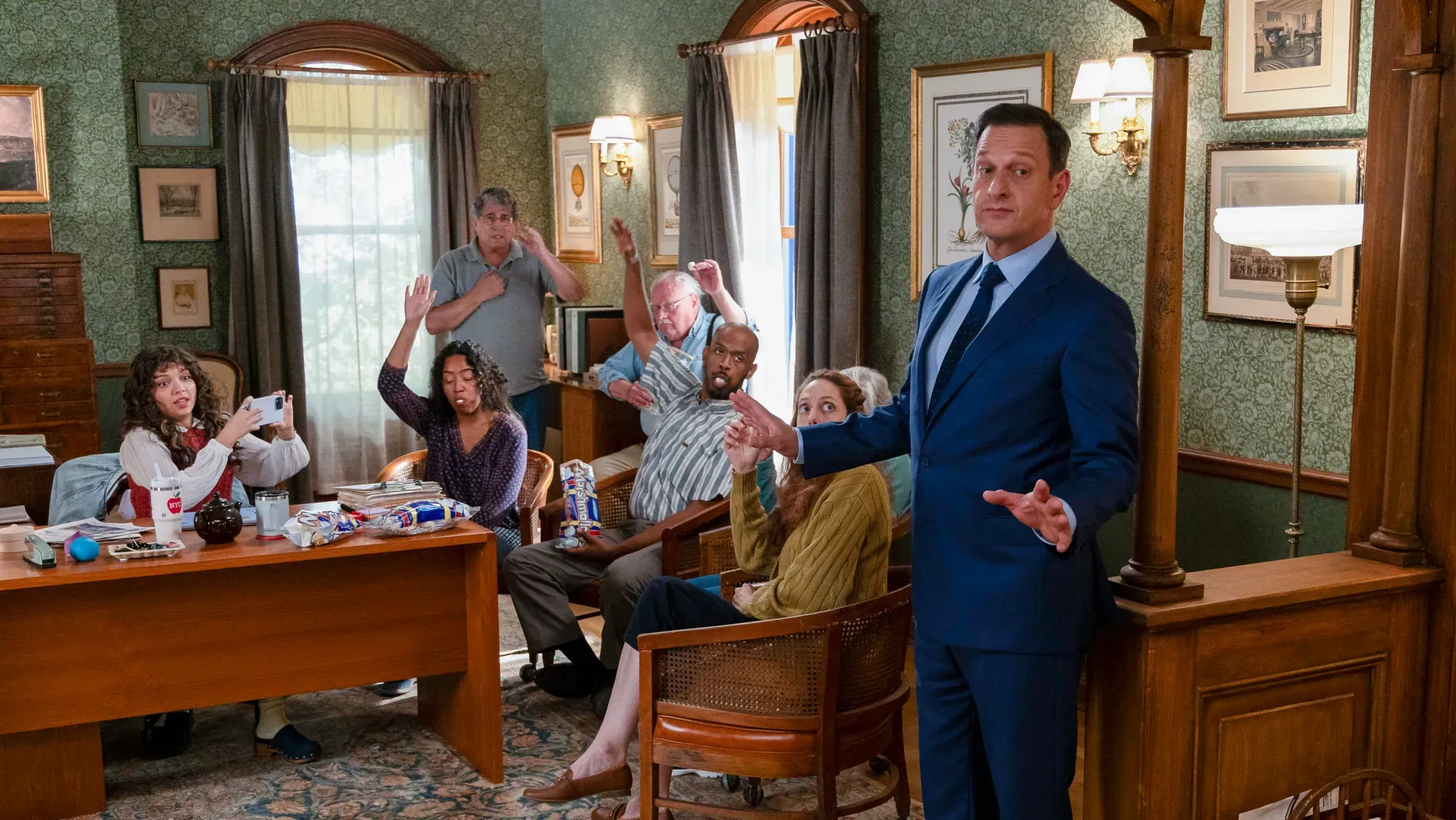
Fremont (2023) - Movie Review
- Oct 16, 2023
Immersed in the eloquent monochrome of "Fremont", directed by Babak Jalali, the California East Bay doesn't just serve as a backdrop but transforms into a pivotal entity, artfully complementing the movie's central character, Donya, portrayed by Anaita Wali Zada. Amid crafting future predictions for others in a fortune cookie factory, Donya confronts a battle to shape her own destiny.
Plagued by insomnia, Donya's nights are confined to a modest bed and contemplation of a ceiling, while her days oscillate between mechanical factory work and sessions with an empathetic therapist. An Afghan refugee, Donya, who functioned as a translator for the U.S. Army during wartime, is burdened with survivor’s guilt, rendering the concept of "moving forward" as an unwarranted luxury. The notion of deriving pleasure and forming loving connections feels unjust, considering the horrors persisting in her homeland. Consequently, "Fremont" and its protagonist evoke a palpable sense of being perpetually out of place.
With every day being an undulating tide of routine and insomnia, a notable aspect of the film is its sound design, which subtly immerses viewers into Donya's world. "Fremont" notably navigates through silent terrains, punctuated only by pertinent sounds that elevate its dialogue-driven narrative. Auditory details, whether the subtle tap of fingers or soft breathing, amplify the film’s intimate, narrative atmosphere. When the score does intervene, it aptly signals moments of ambiguity or transition.
Jalali and Carolina Cavalli sculpt the film’s narrative around dialogue, centering unwaveringly on Donya. Her interactions, from casual exchanges with a curiously friendly colleague to evenings spent with an old restaurant worker immersed in soap operas, delineate her worldview. Despite being surrounded by people, a genuine connection always eludes her. A fellow Afghan woman offers a semblance of friendship based on shared understanding, but even this is marred by the woman’s husband, who views Donya with disdain for her past association with the U.S. Army.
Zada, embodying Donya, taps into a profound authenticity, perhaps drawn from her own refugee experiences. Through Donya’s wearied composure and sporadic sarcasm, Zada illustrates a woman both drained yet persistently fighting. Her portrayal communicates subtle emotions, allowing the audience to decipher underlying emotions, whether nervousness, dejection, or a flicker of hope, thereby consolidating Donya’s authenticity and relatability. The close-up visuals, crafted by Laura Valladao, deepen this intimacy, showcasing every expressive nuance and textured detail in stark black and white.
In its 86 minutes, as the audience navigates Donya’s life, we gain insight into the minute inflections of her usually monotone voice, and witness subtle shifts in her demeanor. Zada masterfully encapsulates Donya's essence, offering a portrayal that extends beyond mere performance, thereby allowing the audience a profound, empathetic connection.
As Donya wrestles with her desires for rest, stability, love, and satisfaction, a potential turning point emerges in the film's concluding act, catalyzed by an unexpected encounter with a shy, yet enchanting mechanic, played by Jeremy Allen White. While the ensuing romantic possibility is charming and Zada and White radiate a genuine chemistry, it introduces a somewhat discordant note to the preceding narrative, risking reducing her journey to a convenient romantic subplot that somewhat undermines her autonomy. Although White delivers his role proficiently, the resolution presented through this romantic lens slightly deviates from Donya’s more complex narrative about immigrant guilt and self-redemption, elsewhere so potently explored in "Fremont."
"Fremont" weaves a calmly composed narrative tapestry, highlighted by Zada's subtly poignant performance, without veering into the overtly dramatic. This tranquil, aesthetically tranquil film triumphantly showcases a story of introspection, quest, and silent fortitude, while basking in its own serene pace and allowing a profound intimacy to unfurl gently across the narrative.







